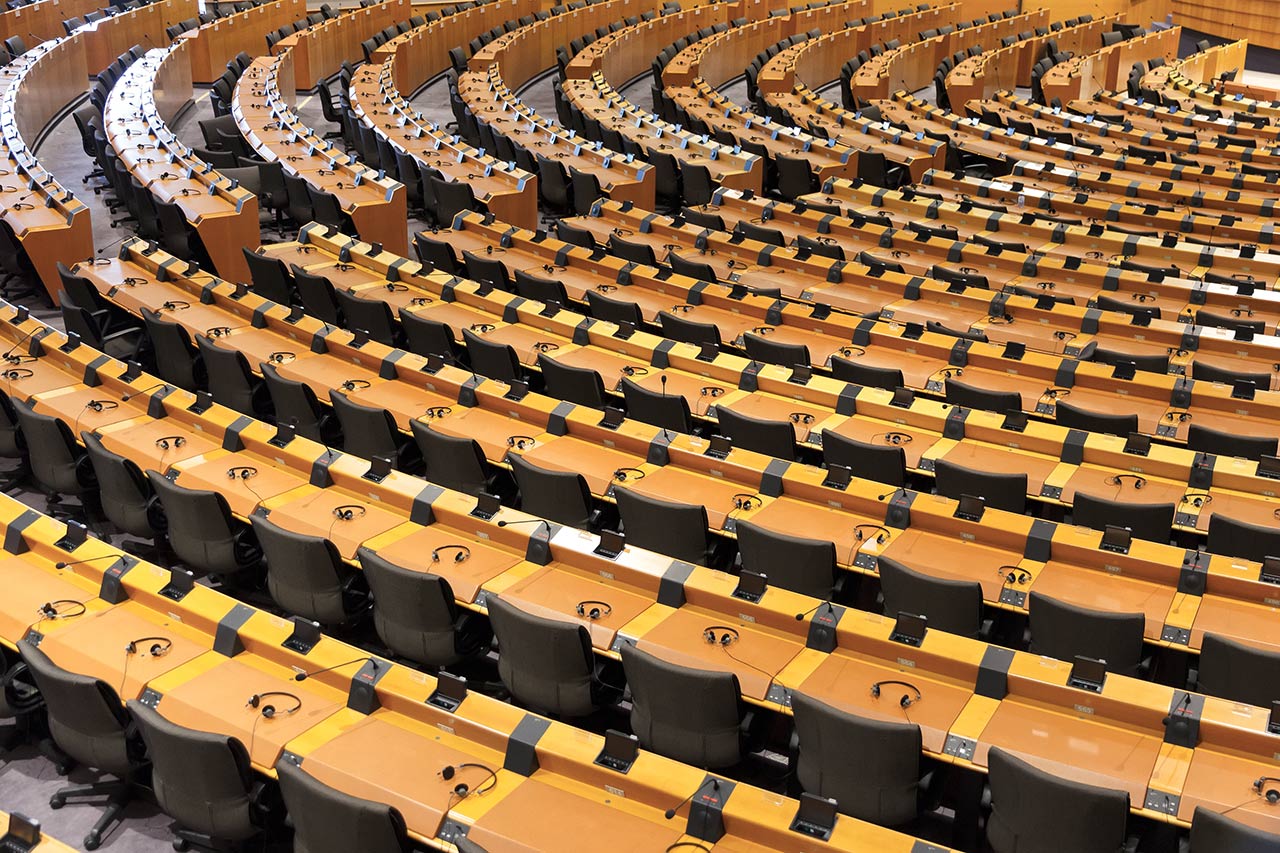Gandhi and the End of the British Empire in India
A consideration of the extent of Mahatma Gandhi's role in forcing the end of British Indian rule
Question
To what extent can it be argued that the spiritual and political leadership of Mahatma Gandhi and the strength of his non-violent civil disobedience movement forced Britain to relinquish its imperial rule over India by 1947?
Answer
In the Indian struggles against British rule throughout the first half of the 20th century, which culminated in the Independence Act of 1947, Mahatma Gandhi is remembered as a crucial figure. His leadership of the Indian National Congress, and in particular the combined spiritual and political philosophies he brought to this, are noted as being vital in inspiring widespread Indian sentiment against laws imposed by the British. His application of satyagraha, or non-violent civil disobedience, is the most famous among these, being the approach followed in acts of protest such as the 1930 Dandi Salt March. Essentially, this was able to appeal to long-existing religious convictions and worldviews in the region – for followers of Jainism and Hinduism in particular this political practice had a deep-rooted compatibility with beliefs regarding non-violence, which is why these events drew so many participants. In addition, native Indians of the time were poorly equipped to resist British rule through violent means, and it can be suggested that the potential for non-violence to achieve results under Gandhi’s leadership engendered hope, idealism and further action which gave rise to the tide of Indian political participation.
However, to assert that this particular movement in itself forced Britain to relinquish the colony in 1947 may be short-sighted. In reality a diverse range of political movements had sprung up in the years leading up to then, many of which bore no resemblance to the Congress or satyagraha: revolutionaries like Bhagat Singh were fully committed to violence, and the All-India Muslim league – who by the mid-1940s occupied a central position in Indian politics – were calling not just for independence, but for the creation of totally separate Hindu and Muslim states in sharp distinction from the unified, religiously plural India that Gandhi was hoping to forge. All of these movements generated various acts of resistance which increasingly undermined the British position in India. Yet what truly forced the end of British rule may have simply been the external circumstances of Britain’s participation in the Second World War, more than anything else. It is true that Gandhi and other critics were able to field apt criticisms of what was purportedly a war being fought for democratic freedom while freedom was not granted to the Indian people. Ultimately, though, the sheer cost of this war was likely the paramount element in Britain’s decision to withdraw from India: it simply did not have the funds or manpower to continue to govern India, even in the absence of the many forms of resistance. Thus, Gandhi may be said to have been an inspirational, indirect contributor to Indian independence, but only of peripheral importance among the forces which brought about the end of the British Raj.
